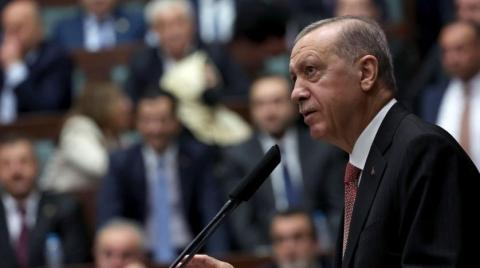
With American-Turkish bilateral relations already strained, Antony Blinken, Biden’s choice for secretary of state, accused Ankara of failing to act like an ally
Top diplomat said Washington would consider whether further sanctions on Turkey would be implemented over its controversial purchase of Russian S-400 air defense system
ANKARA: Joe Biden’s new US administration has hinted at pursuing a hardline foreign policy approach to dealing with NATO member Turkey.
With American-Turkish bilateral relations already strained, Antony Blinken, Biden’s choice for secretary of state, on Tuesday accused Ankara of failing to act like an ally.
And the top diplomat said Washington would consider whether further sanctions on Turkey would be implemented over its controversial purchase of the Russian S-400 air defense system.
Addressing legislators during his Senate Foreign Relations Committee confirmation hearing, Blinken said: “The idea that a strategic — so-called strategic — partner of ours would actually be in line with one of our biggest strategic competitors in Russia is not acceptable.”
Aaron Stein, director of research at the US-based Foreign Policy Research Institute think tank, told Arab News: “The S-400 issue won’t magically disappear, so sanctions are likely to continue.”
He said the ball was now in Turkey’s court. “If Ankara accepts that a mechanism for verification of non-deployment is needed to re-establish trust, perhaps we can get to a better place.”
But, he added, if Turkey insisted that the terms of a reset were to simply accept everything it was doing, that would not work.
Blinken is known to be familiar with Turkey’s domestic security concerns and was the first US diplomat to visit Ankara soon after the 2016 failed coup attempt.
“The Biden administration will likely take a cautious approach to Turkey given the regional security challenges, including ongoing threats from Russia, Iran, Syria, and terrorism,” Jonathan Katz, senior fellow at the German Marshall Fund of the US, told Arab News.
However, he said there remained deep bipartisan concerns and issues of trust related to Turkish President Recep Tayyip Erdogan, not only on the S-400 situation but also over democratic backsliding and corruption, and these matters would impact on how the new administration and US Congress managed America’s sensitive relationship with Turkey.
“If I were Erdogan, I would not expect an early deviation in Washington from the CAATSA (Countering America’s Adversaries Through Sanctions Act) sanctions in place or on restrictions impacting Turkey’s participation in the F-35 (US stealth fighter jet) program,” Katz added.
Ali Cinar, a foreign policy expert on US-Turkey relations, told Arab News that Biden would probably adopt an approach in line with former US President Barack Obama’s foreign policy, and it would not be an easy relationship.
“The Biden administration has many concerns on Turkey such as the S-400s, Syria, human rights, and freedom of speech. Some new problems will be added to the current issues, but the ties will not break completely,” he said.
Cinar expected there to be more negotiations, compromises, and intense diplomacy traffic between Ankara and Washington under the Biden administration.
The appointment of Blinken followed Brett McGurk’s assignment as National Security Council senior director for Washington’s policy in the Middle East and North Africa.
His appointment was also expected to set alarm bells ringing in Ankara as Turkish leaders have previously blamed McGurk for being the mastermind behind arming the Syrian Kurdish People’s Protection Units (YPG) that Turkey considers a terror group.
The US recently imposed sanctions on the Turkish defense industry with the bipartisan support of the US Congress, the first time that Washington had used the CAATSA against a NATO ally.
Caroline Rose, senior analyst and head of the strategic vacuums program at the Center for Global Policy in Washington, said the fact that Blinken had referred to Turkey not necessarily as a NATO ally but as a “strategic partner” was a sign of the nadir in US-Turkish relations.
“But I think this time the US will try and interweave its Turkey policy with partners in Europe to take a more multilateral approach,” she told Arab News.
Rose added that Blinken, a trans-Atlanticist at heart, would likely focus on curbing Turkish behavior in its periphery — primarily in the Eastern Mediterranean — with greater cooperation with the EU and East Mediterranean Gas Forum.
Katz also pointed out the interactions between Turkish domestic politics and the US administration’s foreign policy moves.
“There is also a keen understanding in Washington regarding Turkey’s domestic politics that will also be a factor impacting policymakers, including the possibility of snap elections and potential new leadership in Ankara,” he said.











